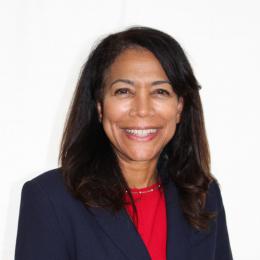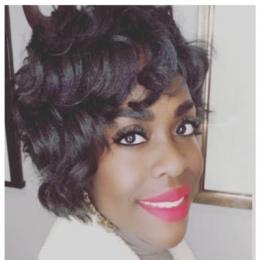In this series, DEI, Esq. is helping individuals who may have experienced or perceived some sort of bias become bias interrupters.
Dear DEI, Esq.,
I just completed one of the biggest presentations of my career to a team of executives! I felt I was well-prepared, knowledgeable on the subject, and presented well.
After the presentation, I overheard two male executives commenting that my responses to some questions were too shrill. I was trying to project confidence, but it looks like it backfired! Now, I guess they see me as too aggressive.
There go my chances at a promotion! How do I fix this?
Please help,
Stereotyped and stonewalled
Dear Stereotyped and stonewalled,
Not so fast! Your promotion opportunities are still viable. We have some solutions for you to consider, but first, let’s discuss what you are experiencing.
This may be an example of the “tightrope” bias pattern, a form of gender bias, where women are constantly balancing the push between masculinity and femininity. Masculinity is viewed as having confidence, being smart, and knowing how to lead. However, when women try to exhibit these traits in the workplace, they are met with rejection, and in some cases, described as the horrific five-letter “B” word. Here are some suggestions to interrupt this bias pattern.
Use your allies or sponsors, particularly any male allies within the executive ranks, to advocate for you and promote you when it matters the most. The executive ally could comment to the male execs about how great you did on the presentation, including your confidence and expertise around the subject matter. This will help show the two male execs that they have antiquated views of women and should check their biases.
Don’t have a male ally or sponsor? No worries. You could also practice what Joan C. Williams — a bias interrupters guru — calls gender judo.
Gender judo is the ability to use gender stereotypes to propel yourself forward. Because women are stereotypically viewed as dependent, easily influenced, and submissive, you could use this to your advantage and schedule meetings with the male execs (separately) to ask for feedback on the presentation, including what they thought you did well and where they think you can improve.
Ask open questions with curiosity to understand what informs their perspective. This allows you to not only develop relationships with the male execs, but also helps to bring awareness to them regarding their biases as they try to articulate non-biased constructive feedback.
Best wishes!
DEI, Esq.
DEI, Esq. is comprised of in-house counsel who share a deep passion for diversity, equity, and inclusion. While the members, Jane Howard-Martin, Connie Almond, Olesja Cormney, Jennifer N. Jones, and Meyling Ly Ortiz, work as employment counsel at Toyota Motor North America, Inc., their views and the thought-leadership expressed are their own and not necessarily the views of their employer.
Disclaimer: The information in any resource in this website should not be construed as legal advice or as a legal opinion on specific facts, and should not be considered representing the views of its authors, its sponsors, and/or ACC. These resources are not intended as a definitive statement on the subject addressed. Rather, they are intended to serve as a tool providing practical guidance and references for the busy in-house practitioner and other readers.








